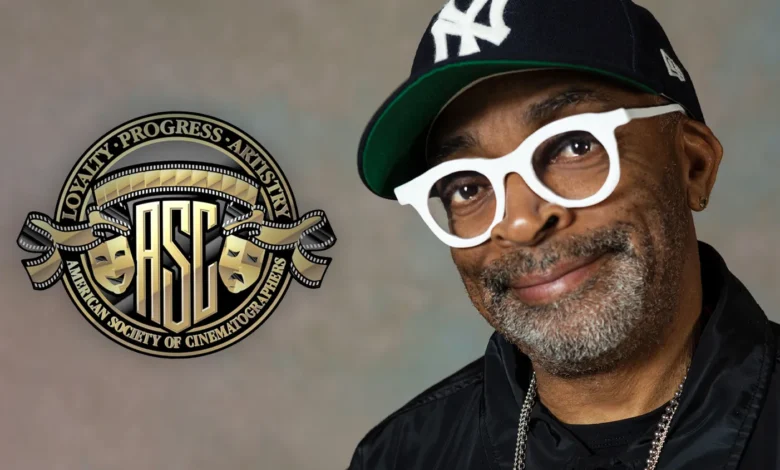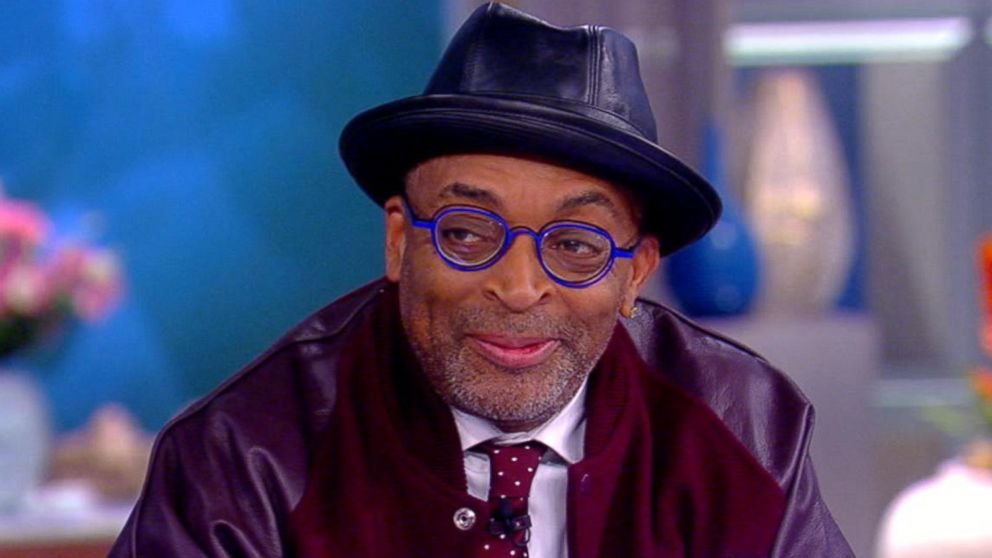How Spike Lee Fuels the Dreams of Young Filmmakers in 2024

Introduction
Spike Lee has been a revolutionary force in the film industry for over three decades. His impact on modern filmmaking is profound, inspiring generations of creatives to tell their stories unapologetically. In 2024, his influence continues to resonate, especially among young filmmakers eager to carve their paths in cinema. This blog post explores how Spike Lee remains an enduring source of inspiration and mentorship for aspiring filmmakers, film enthusiasts, and creative professionals.
Early Life and Career of Spike Lee
Spike Lee, born Shelton Jackson Lee in Atlanta, Georgia, began his filmmaking career with a determination that would eventually reshape the industry. Raised in Brooklyn, New York, Lee was deeply influenced by the vibrant culture around him. He attended Morehouse College, where he directed his first student film, and later earned a Master of Fine Arts in Film & Television from NYU’s Tisch School of the Arts.
Lee’s early works, such as “She’s Gotta Have It” (1986), showcased his innovative style and set the stage for his future successes. The film was a landmark in independent cinema, both critically acclaimed and commercially successful. It opened doors for him and other Black filmmakers, proving that diverse stories could attract mainstream audiences.
His breakthrough film, “Do the Right Thing” (1989), cemented his place in the industry. The film tackled complex social issues like racial tension and police brutality, sparking conversations nationwide. Lee’s ability to intertwine compelling narratives with pressing social commentary made his work a beacon for young filmmakers.
Spike Lee’s Unique Filmmaking Style
Spike Lee’s filmmaking style is unmistakable, characterized by bold visuals, dynamic storytelling, and a fearless approach to addressing social issues. His signature “double dolly” shot, where characters appear to glide through their surroundings, creates a surreal, almost dreamlike effect that has become a hallmark of his films.
Lee’s narrative style often involves multiple perspectives, breaking traditional storytelling molds. He interweaves humor, drama, and poignant social commentary, creating films that are both entertaining and thought-provoking. His work in “Malcolm X” (1992) and “BlacKkKlansman” (2018) exemplifies his commitment to bringing historical and contemporary issues to the forefront of public consciousness.
By tackling topics like race, identity, and justice head-on, Lee’s films resonate deeply with audiences. His ability to make social issues engaging and accessible has inspired many young filmmakers to use their art as a platform for change.
Inspiring the Next Generation
Spike Lee is more than just a filmmaker; he is a mentor and advocate for emerging talent in the industry. He actively supports young filmmakers through initiatives like the Spike Lee Production Fund, which provides financial assistance and mentorship to up-and-coming directors and writers.
Lee’s role as a professor at NYU’s Tisch School of the Arts has allowed him to directly mentor the next generation of filmmakers. His hands-on approach and willingness to share industry insights make him a cherished figure among students. His classes are known for their rigor and emphasis on storytelling, encouraging students to find their unique voices.
Furthermore, Lee’s involvement in film festivals and workshops offers young filmmakers a platform to showcase their work. By providing these opportunities, he helps bridge the gap between emerging talent and the broader industry, fostering a community of support and collaboration.

The Impact of Technology on Lee’s Work
Spike Lee has always been at the forefront of technological advancements in filmmaking. From his early adoption of digital cinematography to experimenting with virtual reality, Lee continually pushes the boundaries of what’s possible in cinema.
In films like “Da 5 Bloods” (2020), Lee utilized cutting-edge technology to enhance storytelling. The film’s use of archival footage blended seamlessly with new material, creating a rich, immersive experience. This willingness to experiment with new tools inspires young filmmakers to explore and innovate within their craft.
Advancements in technology have democratized filmmaking, making it more accessible than ever. Lee’s adaptability to these changes serves as a blueprint for aspiring filmmakers. It emphasizes the importance of staying current with technological trends and leveraging them to create compelling, impactful stories.
Interviews and Testimonials
Aspiring filmmakers often cite Spike Lee as a pivotal influence in their careers. For instance, Ava DuVernay, director of “Selma” and “When They See Us,” has spoken about Lee’s impact on her work. She admires his ability to tackle difficult subjects and his commitment to authentic storytelling.
Testimonials from students at NYU’s Tisch School of the Arts highlight Lee’s dedication to nurturing talent. One student shared, “Spike Lee’s class was a game-changer for me. His passion for storytelling reignited my own and gave me the confidence to pursue my vision.”
Industry professionals also recognize Lee’s continued relevance. Jordan Peele, director of “Get Out” and “Us,” has praised Lee for paving the way for Black filmmakers in Hollywood. Peele noted, “Spike Lee’s work showed me that it’s possible to tell our stories on our terms. He’s a trailblazer and a constant source of inspiration.”
Conclusion
Spike Lee’s influence on the film industry is undeniable. His unique style, commitment to social issues, and dedication to mentoring young talent have left an indelible mark on cinema. For aspiring filmmakers, Lee’s legacy is a testament to the power of storytelling and the importance of using one’s voice to effect change.
His work will continue to shape the industry for years to come, inspiring new generations of filmmakers to push boundaries and tell their stories authentically. If you’re an aspiring filmmaker, take a page from Spike Lee’s book—embrace your unique perspective, stay adaptable, and never shy away from the stories that matter.
To explore more about Spike Lee’s impact and how you can harness similar inspiration in your work, consider signing up for courses or workshops that focus on storytelling and filmmaking. Engage with communities that share your passion and take advantage of the resources available to you. The future of filmmaking is bright, and with mentors like Spike Lee, it’s clear that the next generation is in good hands.



